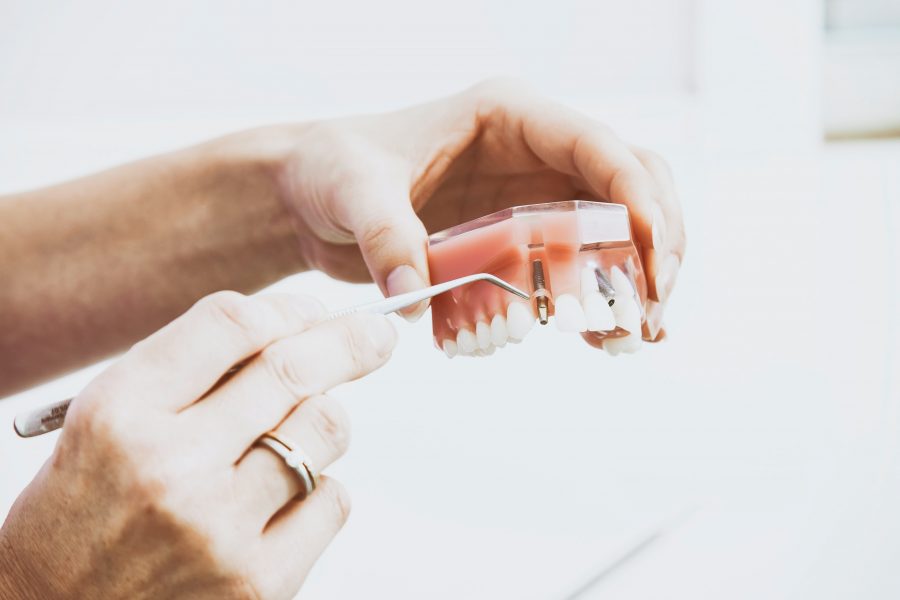If you’re dealing with tooth loss from decay, infection, or injury, then getting a dental implant may be a good option for you. Replacing damaged teeth will help improve your health and confidence and restore your smile to what it once was. However, there are a few things you should know about dental implants before getting one. As you research your options for tooth replacement, keep the following things in mind:

Know What to Expect
As you prepare for your first implant, you may be a bit nervous. However, the procedure itself is relatively painless as the process begins with anesthesia or sedation to make sure you’re comfortable throughout the procedure. Following the surgery, you may experience discomfort from bruising, swelling, major bleeding, and the like. However, you can use pain medication to manage this discomfort.
Be Mindful of Bone Loss
When considering tooth replacement, it’s important to have a doctor assess the state of your mouth to determine whether or not this treatment is right for you. Factors like a bone loss as a result of lost teeth can affect whether or not you’ll be able to get an implant. The dental implant procedure requires that the implant be screwed into the jaw bone. If there isn’t enough jaw bone available, the procedure won’t be feasible.
Prepare for the Process
Practicing best practices for general health is another important step to prepare for the tooth replacement procedure. As issues like diabetes and immune diseases can complicate the process of getting an implant, it’s important to get a handle on these health concerns before trying to get an implant. This way, you’ll be in the best position to replace your teeth.
The next step is to prepare your mouth for the procedure. Your dentist will share with you what steps are necessary before you can receive your implants. Depending on your oral health, you’ll need to have the damaged tooth removed and may need bone grafting. Once you’ve recovered from these treatments, you’ll be ready for the implant.
Get Frequent Checkups
Though most people hope for a one-and-done surgery, getting a dental implant is a process with multiple stages. For this reason, it’s important to keep getting regular checkups, even after the surgery is completed. Over time, your dentist will make sure the implant is compatible with your mouth and that your oral health isn’t compromised.
Getting a dental implant is a great way to improve your oral health and improve your smile. As you begin the process of tooth replacement, keep this information in mind and ask your dentist if you have any questions.